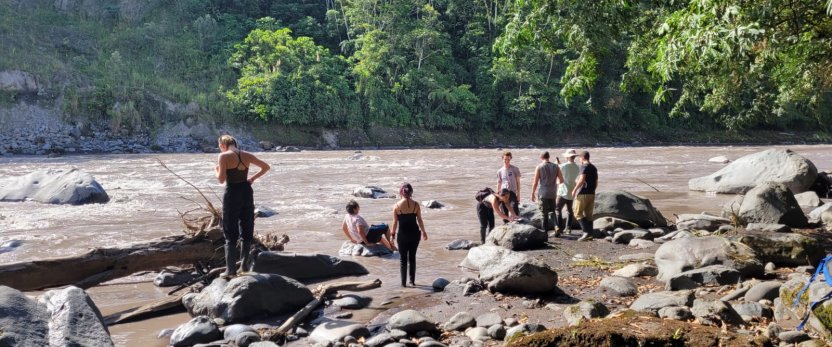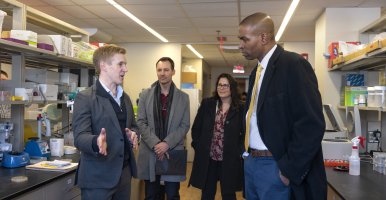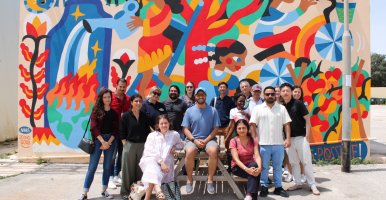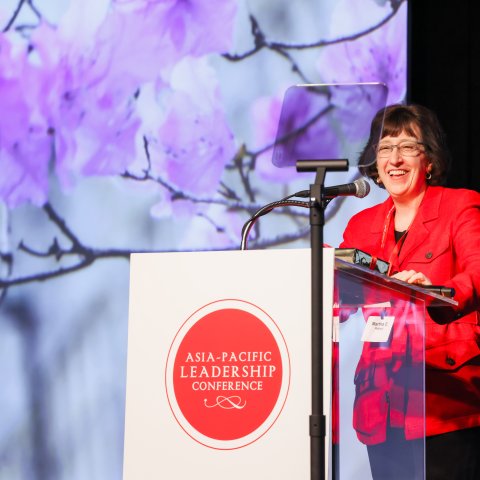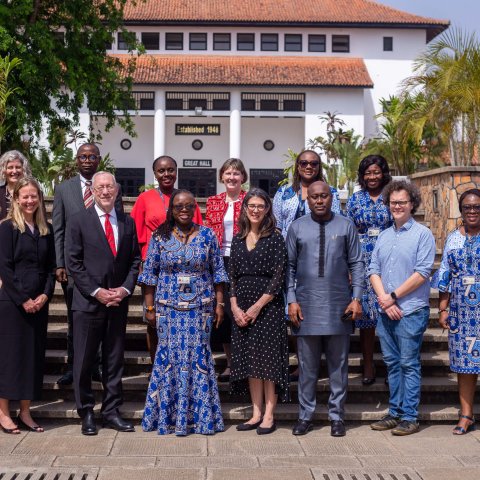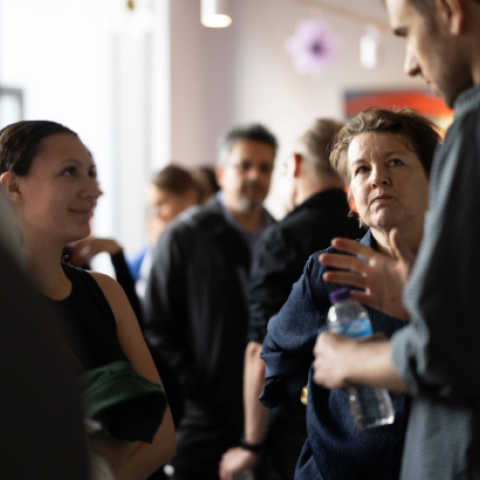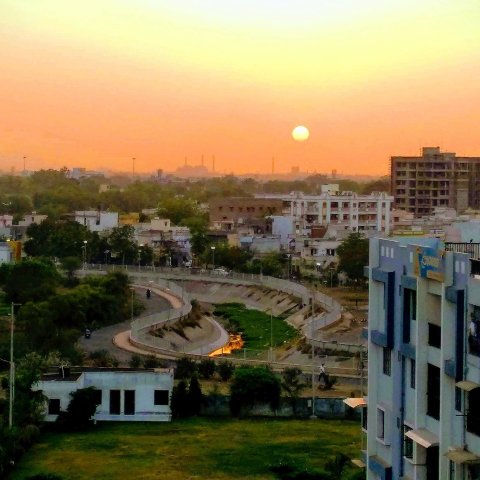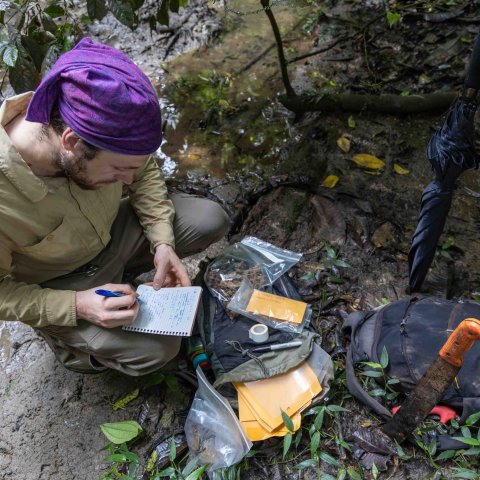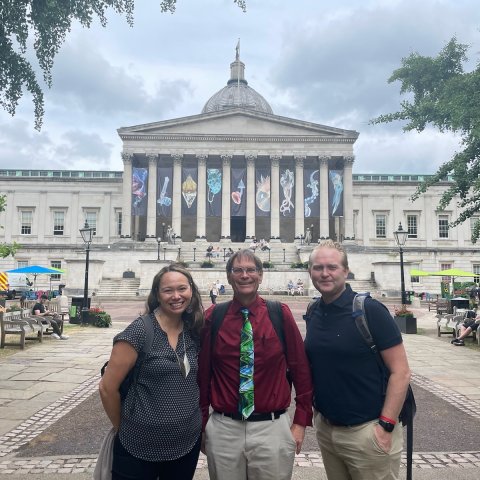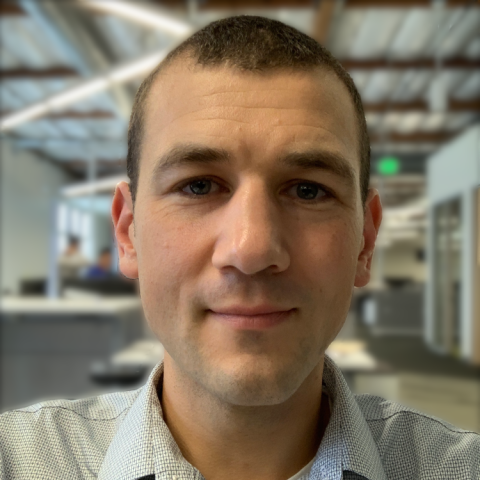Research
Cornell Global Hubs put scholars at the center of a transnational research network. At Hubs, international work is supported and seamless — so teams can focus on building their world-class collaborations and advancing shared research interests.
Cornell researchers: Find out about opportunities with Hubs partners.
Research Fast Facts
134
Joint seed grants
$1.3M
Total seed grant funding
$180K
Follow-on for 3 teams
13 Cornell colleges and schools
participated in Hubs collaborations supported by joint seed grants in 2024.
Cornell researchers: Start your Hubs engagement by exploring locations and reaching out to the faculty lead in your region of interest.
Growing Our Global Impact
Global Hubs welcomed four new joint seed grant partners in 2024, bringing the number of participating institutions to 11. Research teams made up of Cornell faculty and collaborators from partner institutions receive Cornell-partner matching funds to support their emerging research projects. Together, we launched 47 global collaborations in 2024!
HEaTR for a Warming World
A climate collaboration with Hubs partners in India, the United Kingdom, Ghana, and Singapore, the Global Center for Household Energy and Thermal Resilience was launched with a joint seed grant and received a two-year $250K design grant from the National Science Foundation (NSF).
Biomining with a Microbe-Mineral Atlas
A pathway to mining rare earth elements sustainably began with a Hubs joint seed grant to support collaboration with two UK partner universities and researchers in Japan and Canada. The atlas team is expanding its scope with a three-year $2 million NSF grant.
Migrations in Malta
Migrations experts at Cornell and UK Hubs partner Queen Mary University of London established a wide-ranging research and teaching collaboration with a seed grant–funded retreat held at QMUL’s Malta campus in 2023. They are currently preparing an SBE-UKRI research proposal.
Natural History Field Note
Cornell's Alexander Flecker (CALS, A&S) and Ethan Duvall (CALS) were part of a team that published a peer-reviewed paper titled “Geophagy by a Large Herbivore Driven by a Human Sodium Supply” in BioTropica's May 2024 edition. Learn more about their research.
Full listing
Work and how it gets done is changing rapidly, and some knowledge-intensive jobs may be transformed or even replaced by smart technologies. How are governments, employers and workers responding? What are the options for limiting harm as AI use grows?
Source
Vice provost for international affairs Wendy Wolford and a Global Cornell delegation visited Asia in April. The trip began in Seoul, South Korea, for this year's Asia-Pacific Leadership Conference before the team traveled to India to meet with Cornell alumni and partners.
Funding from a 2022 Global Cornell International Cornell Curriculum (ICC) Development Grant provided Cornell and USFQ faculty the opportunity to pilot a bilateral exchange course.
Source
Cornell delegation enhances global ties with Global Hubs partner the University of Ghana, tackling education, public health, and climate change, fostering collaboration and cultural exchange.
Source
Five research projects that bring together academics from Queen Mary University of London and Cornell University will receive seed funding.
Source
A Cornell-led project team—with Global Hubs partners in India, the UK, Ghana, and Singapore—has received a two-year $250,000 design grant from the National Science Foundation to bring more comfortable days and nights to homes everywhere.
Source
With the support of Cornell Global Hubs joint seed grants, researchers are building international connections and advancing their research.
Source
Cornell faculty and staff traveled to Global Hubs locations in the United Kingdom, Singapore, and Australia to explore reciprocal student mobility, collaborative faculty research, and teaching opportunities.
Nate Foster, CIS and faculty lead for Global Hub partner University of Edinburgh, will receive the 2023 Robin Milner Young Researcher Award in recognition of his outstanding achievements in the field of programming languages.


